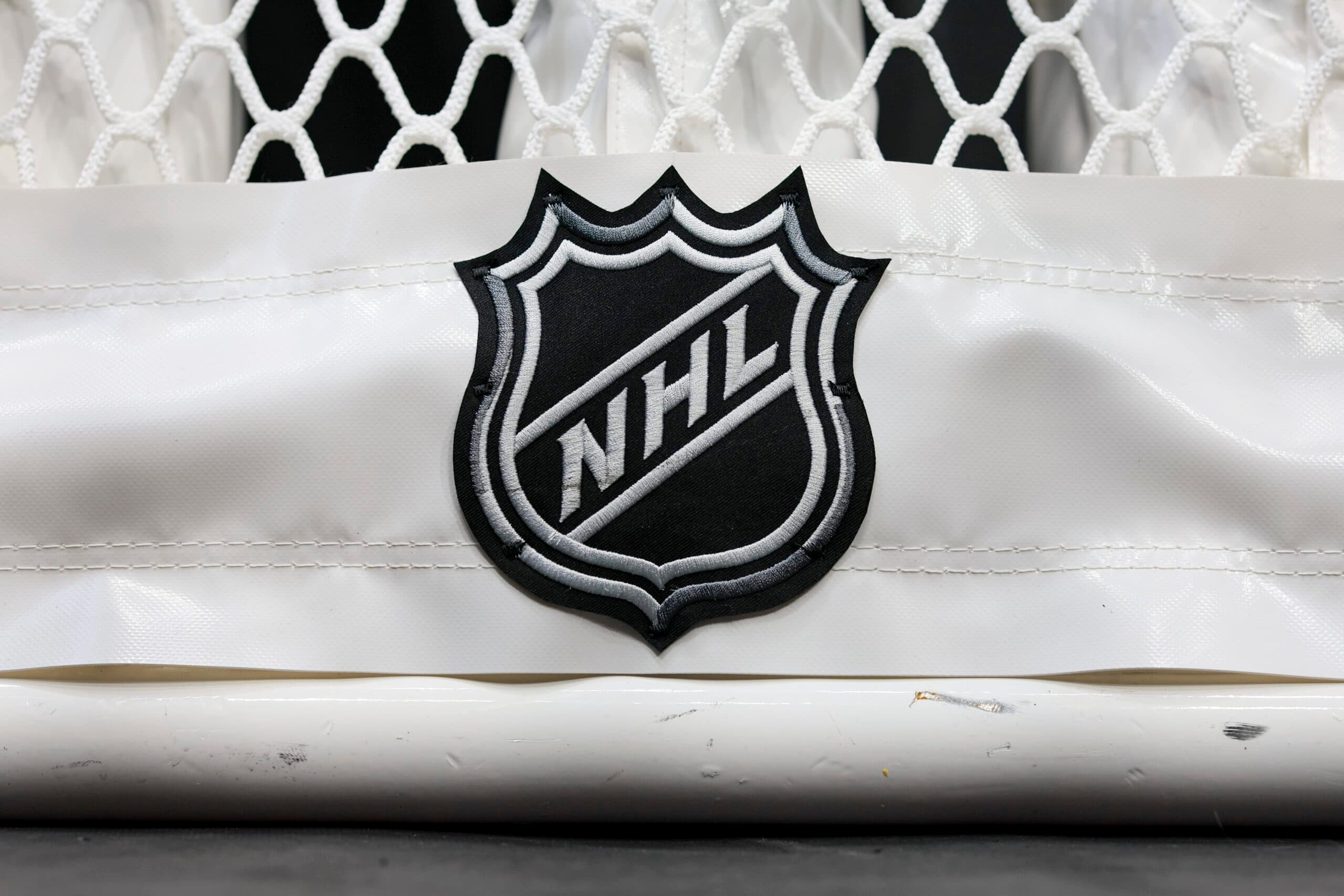NHL, NHLPA ratify four-year Collective Bargaining Agreement beginning in 2026-27

It’s official. The National Hockey League’s Board of Governors and NHL Players’ Association have ratified a four-year collective bargaining agreement.
NHL, NHLPA ratify four-year collective bargaining agreement. https://t.co/G3wOXe93SX pic.twitter.com/bO5uWthEoo
— NHL Public Relations (@NHLPR) July 8, 2025The extension of the current CBA comes well before the current contract was set to expire. The new deal will begin with the 2026-27 season and go through the 2029-30 campaign.
It was seemingly only a matter of time before things were officially settled, as the two parties announced they signed a memorandum of understanding last month. It placed an emphasis on the fact that, for the first time in a very long time, there is labor peace between the league and the NHLPA, something that has been a rarity during commissioner Gary Bettman’s administration.
“The partnership between the Players’ Association and the League is stronger than it ever has been and working together under this agreement presents a fantastic opportunity to continue to grow the game,” Bettman said in a release. “We are grateful to the Board of Governors for its support of this agreement that strengthens our game and ensures we are collectively delivering a great fan experience in the years to come.”
NHLPA Executive Director Marty Walsh says the deal came together with ease thanks to the two sides working cohesively.
“This CBA shows what can be accomplished when the NHL and the Union work together – an agreement that will allow for the continued worldwide growth of the game. That is a win for everyone,” Walsh said. “We could not have achieved this outcome without the involvement and support of our players. Special thanks to our Executive Board and Negotiating Committee.”
There are a few notable changes in the new CBA that will change how the league operates, most notably the regular season being extended to 84 games, with the preseason being shortened to four games per team. Max lengths on contracts for re-signing players have been dropped to seven years, with players hitting the free agent market being limited to six years.
Also, a postseason salary cap will be instituted, forcing teams to be cap compliant through the Stanley Cup Playoffs, eliminating the long-term injured reserve loophole teams have used in recent years. Another interesting change in the CBA is that teams will have a full-time emergency backup goaltender, eliminating the possibility of amateurs entering NHL contests.